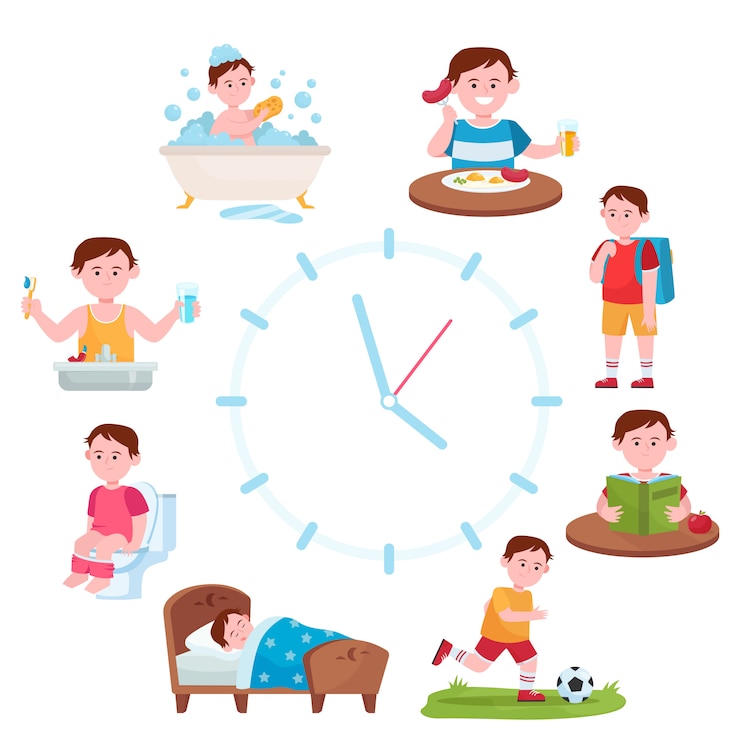
Anyone who has tried positive parenting or discipline shares a common experience. They’ve all faced self-doubt, insecurity, and mixed feelings about trying a new approach. There’s often a fear that this positive approach might not be effective. Many parents leave behind the familiar pattern of yelling and criticism to experiment with collaborative and respectful discipline, only to find it challenging.
Parenting is hard, and change is even harder. So if you’re struggling with this new respectful way of raising kids, remember you’re not alone. Here are eight common reasons why you might feel like positive parenting isn’t working and ways to boost your confidence as you continue down this path. Positive parenting supports your child’s mental and emotional growth.
Parents who care about their child’s well-being sometimes discover the harmful effects of parenting methods focused on criticism and fear, prompting them to explore new ways of discipline. Positive parenting centers on setting firm limits with respect, which can often lead to uncertainty. If your child frequently tests boundaries (a normal part of their development), ensure your expectations are clear and approach situations confidently.
Are you parenting an emotionally intense child? Get my guide to simplify life with your spirited child.
The most crucial tip in positive parenting is maintaining a strong relationship with your child. It’s easy to underestimate the importance of investing time every day to connect emotionally. When positive parenting feels ineffective, make even more effort to set aside distractions and engage with your child. This connection fosters cooperation.
In therapy, we use the concept of “differentiation”—maintaining emotional contact with others while staying independent emotionally. It’s easy to tie your child’s behavior to your self-worth and fall back on old habits. Remember, your child is their own person with individual needs. Their actions reflect these needs, not your parenting.
Positive discipline helps children develop an internal guide for right and wrong. While it might be tempting to use force or nagging for quick results, children learn to make better choices through positive communication.
Ultimately, you can’t control your child all the time without damaging your relationship and their emotional health. Even if it takes a bit longer, your child responds better to a positive, collaborative approach. Take a moment to recognize and breathe through your need for control.
Understanding that your child’s behaviors result from various needs can help you address them more effectively without doubting new positive parenting strategies. Children are naturally immature and learn by making mistakes. When positive parenting seems ineffective, understand your child’s developmental needs at each stage to set appropriate expectations and remain calm.
If challenging behaviors persist, consider whether your child might have unmet developmental needs. Conditions like ADHD, Autism, or anxiety require specialized support to help your child reach their full potential. Discuss your concerns with a pediatrician to get the right recommendations.
Using positive discipline is not yet the norm, and others may question your respectful approach. It’s easy to let criticism affect you, leading to inconsistency. Remember, you know what’s best for your child, even if it doesn’t please others or offer quick control.
Reflective parenting demands emotional energy and understanding our own triggers and upbringing. It’s important to remember the goal is to raise emotionally healthy and resilient children. As Theodore Roosevelt said, “The best prize life offers is the chance to work hard at work worth doing,” and there’s no work more worthwhile than this.
Starting your positive parenting journey won’t be easy—it requires time, growth, and effort, but stay committed. Trust in the power of modeling behavior over preaching to shape your child’s values. Believe in giving up some control to teach self-control and respect. Above all, trust in the importance of connection and treat your child as you’d like to be treated.
Raising kids with their well-being in mind is a challenging path. Keep believing in the principles of positive parenting, forgive yourself when you stray, and consistently strive to be positive each day.
Equip your child with life skills. Join 30,000 other parents receiving the Parents with Confidence weekly email and get a 5-day free parenting course where you’ll learn:
– Protecting your child’s self-esteem
– Gaining your child’s cooperation
– Valuable future skills for your child
– Disciplining without emotional harm
JOIN + SEND MY ECOURSE!
We won’t spam you. Unsubscribe anytime.
Explore more about why Positive Parenting benefits your child with these articles.



